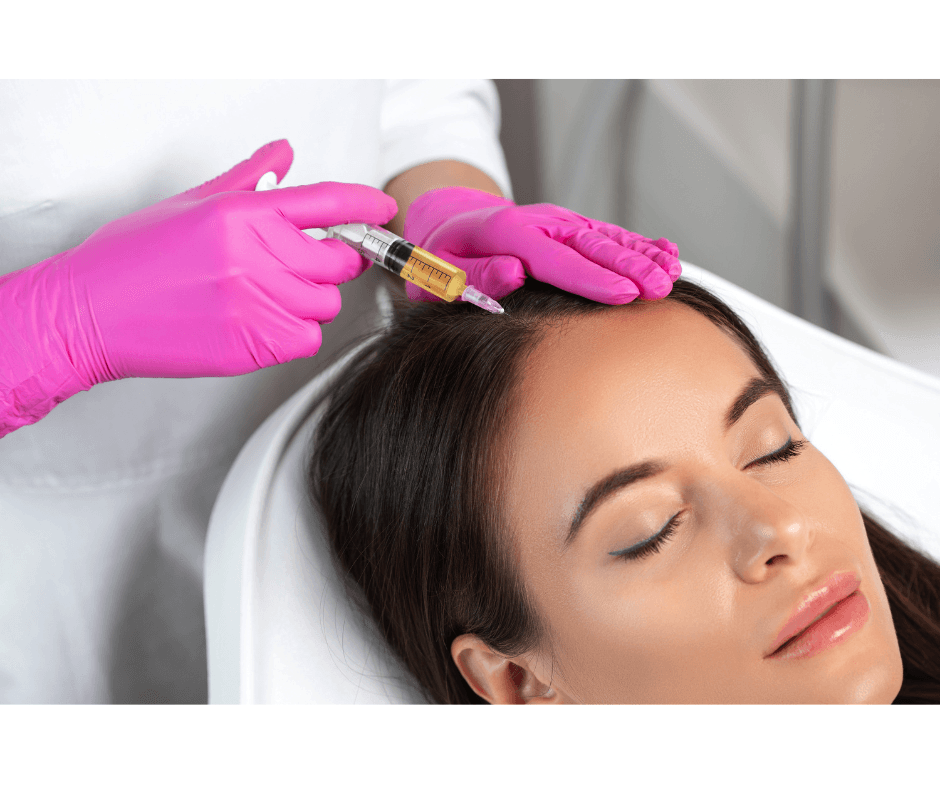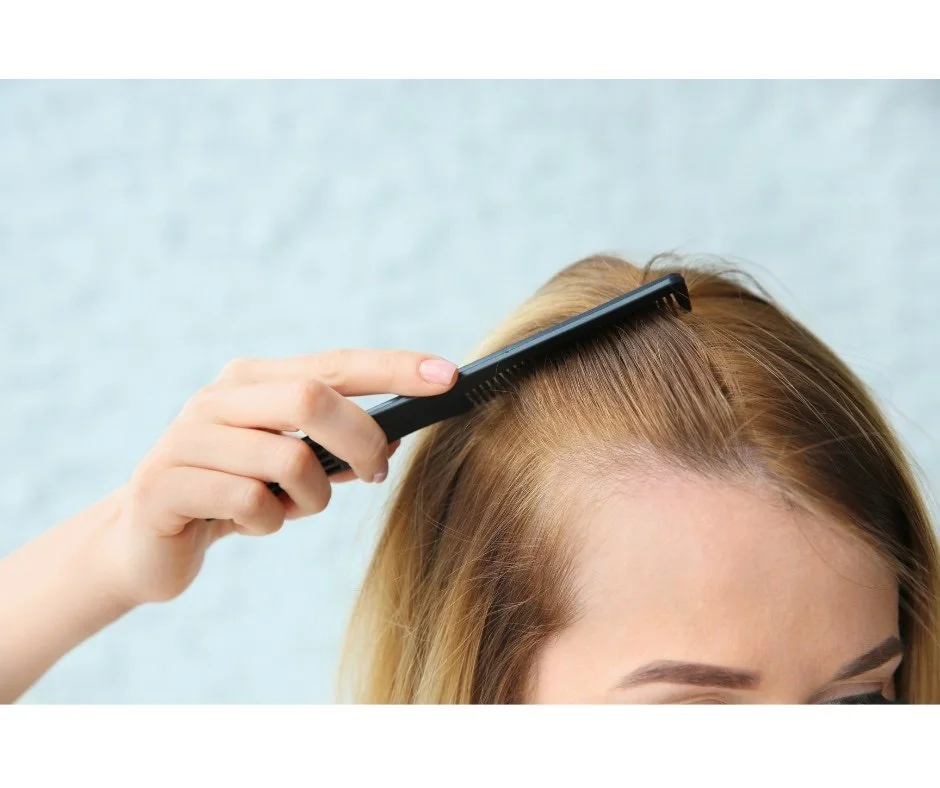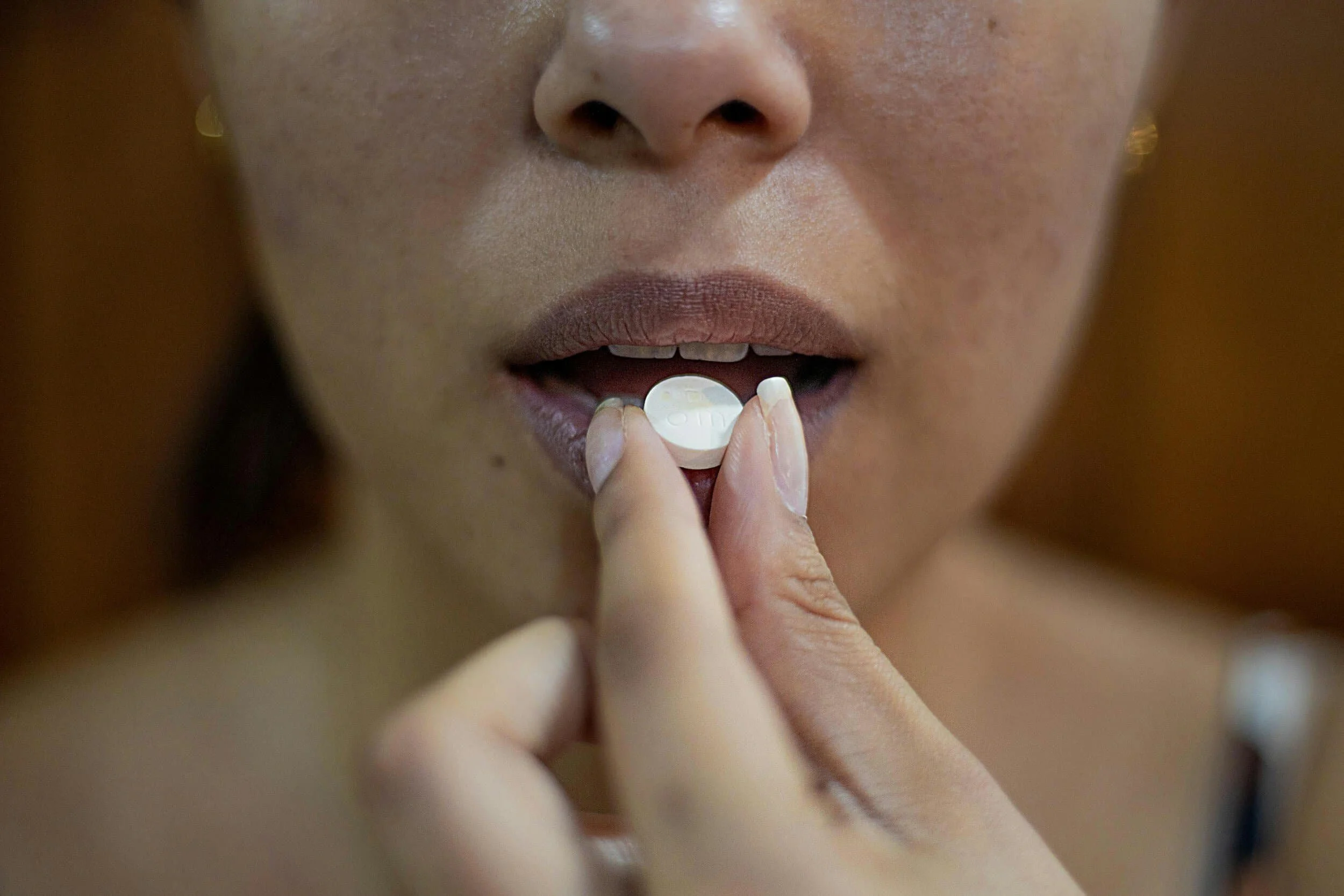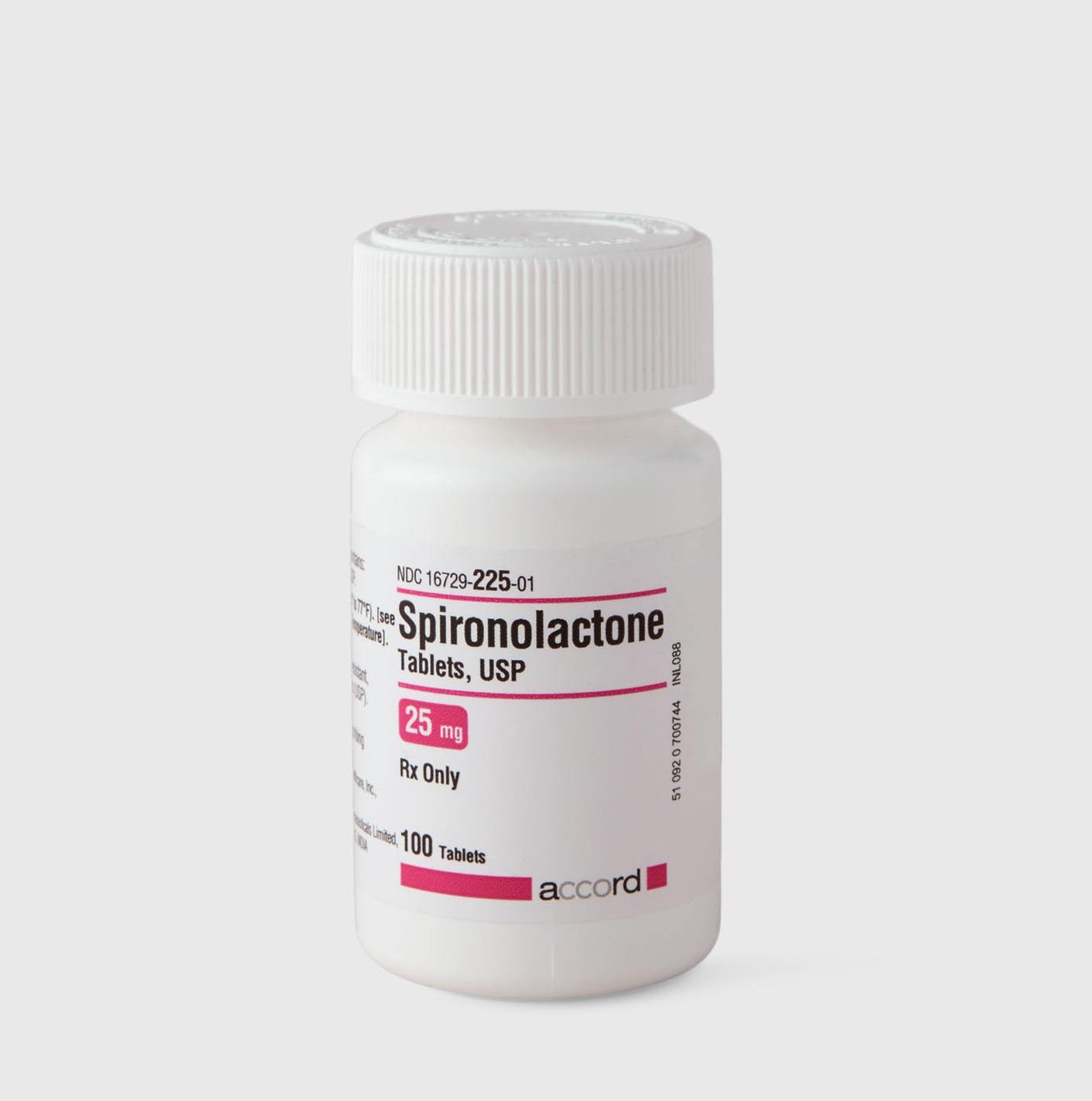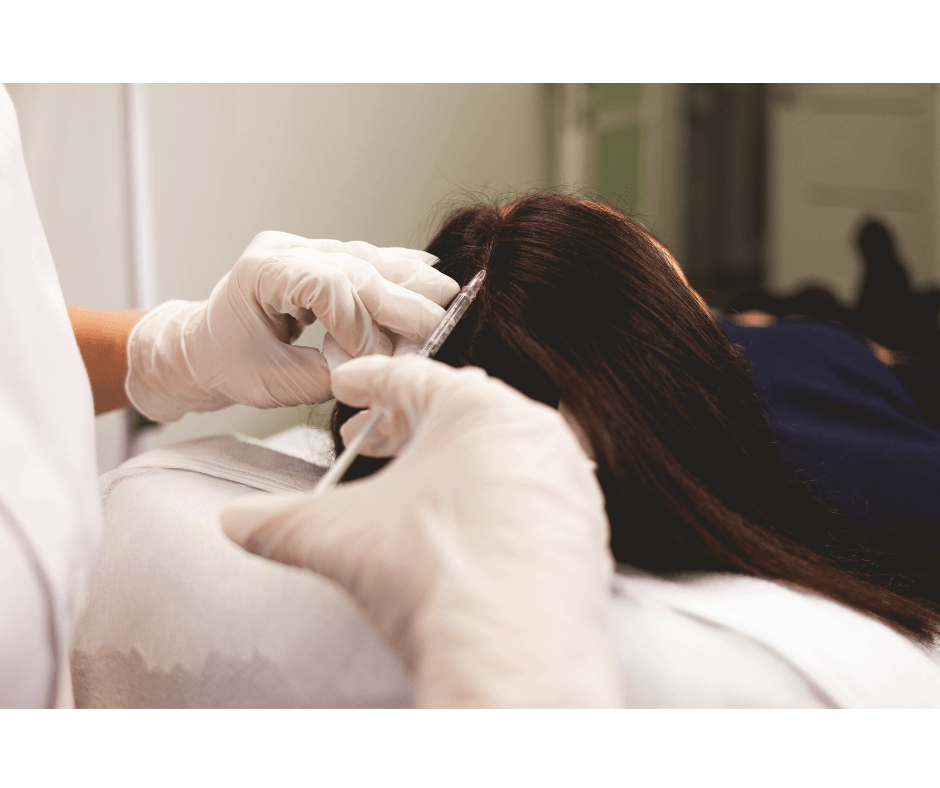Experience Expert Hair Restoration Solutions
“I just had a baby, and now my hair is falling out….”
“I recently became menopausal and now I can see my scalp shining through…”
“I have to style my hair differently because of changes in my hair…”
“As I get older my hair keeps getting thinner and thinner…”
“I’m losing hair in my hairline and temples…”
“I am on hormone replacement therapy and am experiencing hair loss…”
“Help me! I’m going bald, and here is my baggie of hair to prove it!...”
“Having taken care of women in my practice for over 30 years, I have heard the above statements over and over again. I unfortunately had no real good answers for my patient’s struggling with their hair loss. When women begin to lose their hair, it is extremely upsetting and causes significant emotional distress and many women feel helpless and hopeless, often resorting to searching the internet where there are an overwhelming number of products, vitamins, devices and treatments that dubiously guarantee results. My frustration with the inability to treat my patient’s hair loss sparked a passion in me and I started my quest to obtain advanced training and education in effectively treating women’s hair loss. I am very excited that I now can offer a customized hair treatment plan that really works and is individualized to each patient.”
— Dr. Stefanie McCain, MD
Understanding Your Hair Loss
While women typically experience a somewhat different hair loss pattern than men, the onset of hair loss in both sexes can occur any time after the teenage years. Because of the effect of hormones, for some women, hair loss can become more evident:
When starting birth control
After the birth of a child
Around menopause
When starting hormone replacement therapy
After a total hysterectomy
After more than 20-pound weight loss
After a severe illness, usually 3-4 months later
After suffering extreme stress or trauma
While female hair loss can present in many ways, the most common types of hair loss in women are:
Diffuse hair loss, in which hair loss is evident all over the top or crown of the scalp, resulting in decreased hair density, coverage and volume
A recession of the hairline, and/or temples
Loss of density and coverage at the frontal half of the scalp–starting just behind the hairline and extending toward the crown.
In most cases, unlike male pattern baldness, hereditary hair loss in females does not typically result in a total balding of the affected area.
Common stressors can be:
Fever
Serious infection
Estrogen drop after giving birth
Estrogen drop after stopping hormone therapy
Chronic illness
Emotional stress
Crash diets
Use of Semaglutides or Tirzepatide for weight loss
Lack of protein
Eating disorders
Certain medications like retinoids and beta-blockers
Oral DHT Blockers
Prescription Hair Support
Spironolactone
Platelet Rich Plasma
Natural Hair Growth Tips
Request an Appointment
Fill out the form below to request an appointment with Dr. Stefanie McCain

